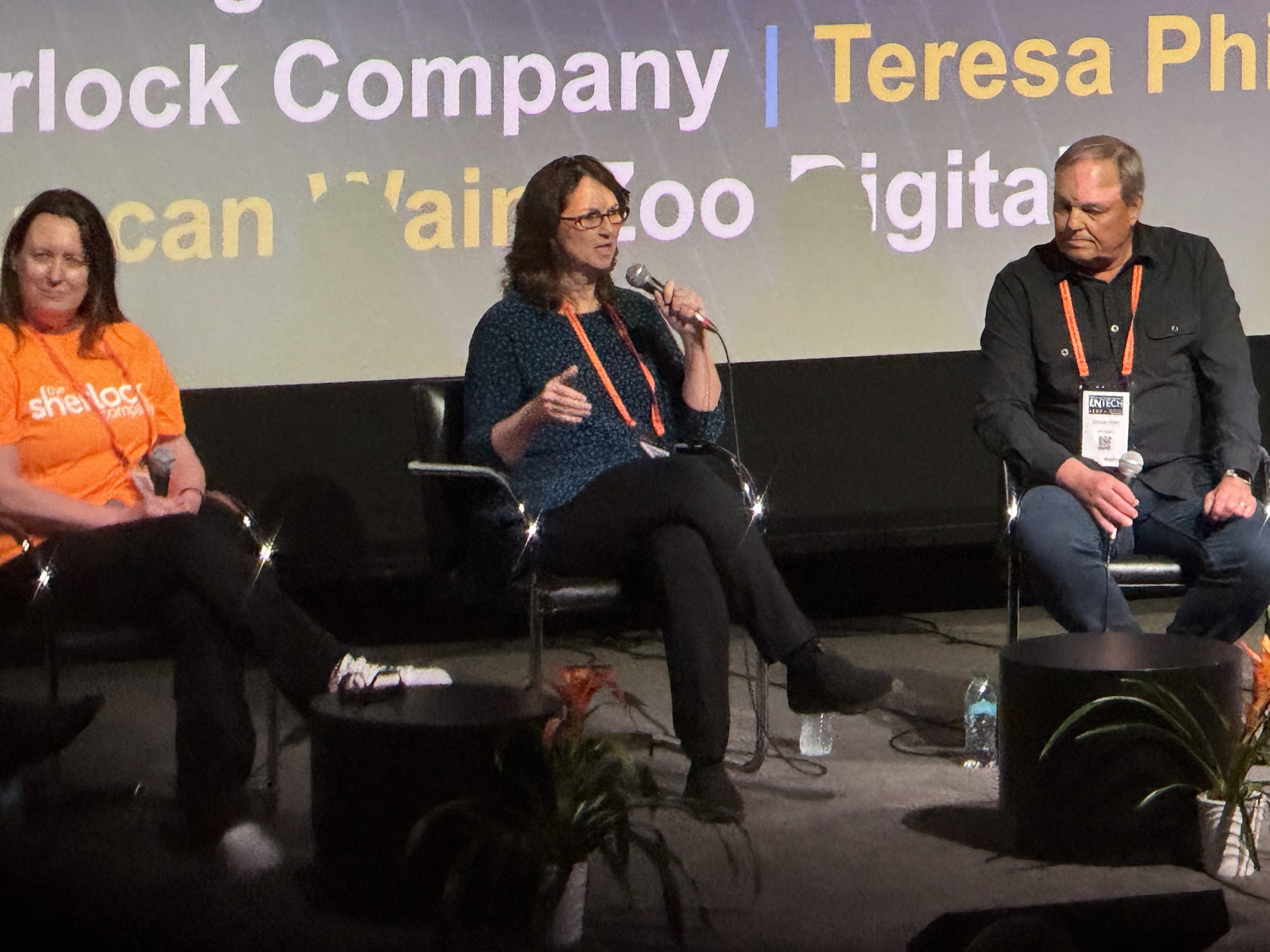From horses to boats to trains to planes and books to plays to movies to TV, the distances between people and ideas continue to shrink. Each of these advances, except for the horse, was the result of some technological advancement. Each was disruptive, exposing people to different perspectives, continents, climates, languages, customs , and cultures. Over time, these and others have all impacted or influenced life and society worldwide—whether anyone liked it or not. The advent of streaming media has disrupted what had been a primarily regional distribution of content. It forces us to look more closely at global content distribution and what it means for international audiences.
As much as any of the world's 7.7B consumers living in any of the 200+ countries and territories, speaking any of 7,139 known languages may have access to millions of titles distributed across hundreds of streaming and linear platforms doesn't mean they'll understand them without some help. As the recent controversies of " Squid Game " and " Eternals " highlight, this massive expansion of markets means we must fundamentally change how we prepare content for international, multi-platform distribution, and that means changing the narrative to include cultural context.
If anyone spoke about culture in M&E just a few years ago, they usually referred to things like holidays, music, food, or clothing. Today, in the context of storytelling, culture is much more than that. Culture has become an integral part of how a story is both told and understood. For example, most Americans know when Cinco de Mayo is and maybe what it celebrates but have no idea what Diwali or Ramadhan are or when they take place. Not only that, but they likely don't understand the importance those days have on the people who celebrate them. Culture adds layers to a story that, unless conveyed in a translation, are lost. Unfortunately, censors now use filmmakers' lack of cultural awareness to require changes, deletions, or deny content access to markets.
Here are a couple of recent examples.
In many cultures, giving those older than you greater respect or deference is ingrained in society. Whether it's serving them meals first, giving more significant consideration to their opinions, even body language communicates one's status or position to others. Without knowing the context, the story's subtle yet intrinsic characteristics may not be adequately communicated to the viewer. The directors of the South Korean films "Parasite" ( Bong Joon-Ho ) and "Squid Game" ( Hwang Dong-Hyuk ) have both discussed the importance these factors played in telling their stories. Yet contrast the public reaction whether these aspects are understood by audiences following each title's release.
Despite the integral role cultural relationships play in "Squid Game," criticism of the series centers on the missed opportunities to share those insights with international audiences because of what some see as poor translation and subtitle choices. "Parasite's" Bong is known to have dedicated many hours to ensuring "Parasite's" subtitles convey as much of the culture as possible. That focus contributed to its winning 302 film awards, including an Oscar for best picture, the first- for a foreign-language film, and no criticism that any part of Korean culture was lost in translation.
The entire story of Disney's "Shang-Chi and the Legend of the Ten Rings" centers on the importance of Asian family, culture, tradition, and the conflicts that arise when families disagree. Yet, despite that focus, Chinese censors banned it for "perceived insults," some of which are described here . China's official opinion differs significantly from those of many critics and Chinese citizens who felt the film was "the most respectful treatment of Chinese culture coming from a Western production they've seen in years."
There are two lessons here. First, although international release requires the expense of localization, the amount of attention paid to culturalization by directors and producers does impact audience acceptance and understanding of their story.
Second, the government, not critics or consumers, decides what is inappropriate for their country. The best content creators can do is be aware of where the cultural lines are drawn and make sure they comply to the extent possible while maintaining confidence in and control of their story.
We can point to various types of content released in Saudi Arabia , Russia , India, and other countries where awareness and sensitivity are a direct roadblock to the release of content internationally. Content creators should know, by now, that knowledge of culture from storytelling and regulatory standpoints are critical parts of production and to successful global release. The good news is more people are talking about the need for culturalization. The challenge is getting them to devote the time and energy necessary to achieve the success of "Parasite" while avoiding the kind of criticism experienced by "Squid Game."






